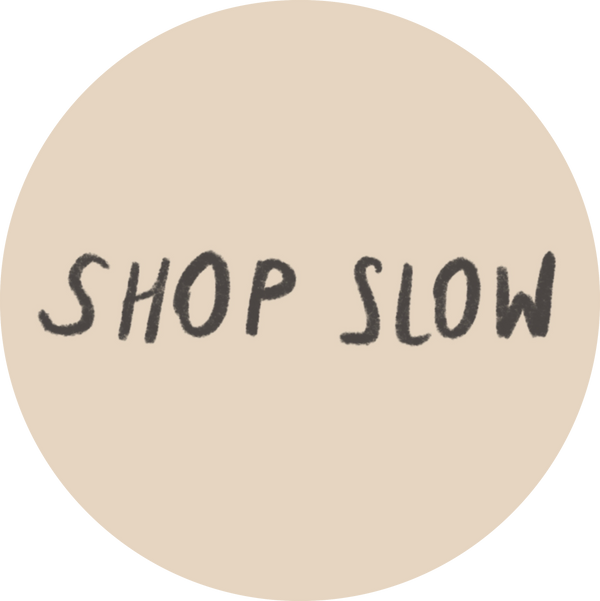The fashion industry is one of the largest and most influential industries in the world, with a global value of over $2.5 trillion. However, the industry is also one of the most environmentally damaging, socially irresponsible, and resource-intensive industries. As consumers, we have a critical role to play in transforming the fashion industry to ensure its sustainability and responsibility.
One of the most pressing issues facing the fashion industry is its environmental impact. The production and disposal of clothing generate a significant amount of waste, and the use of toxic chemicals in fabric production has a detrimental impact on water and soil quality. According to the UN, the fashion industry is responsible for 10% of global carbon emissions, making it one of the top five most polluting industries worldwide. This is why adopting sustainable practices is essential for the health of our planet.
Slow fashion is a movement that prioritizes sustainability and responsibility in the fashion industry. By choosing slow fashion brands, we can promote ethical and sustainable production practices that reduce waste and pollution. Slow fashion brands prioritize transparency, which means that they are open and honest about their production processes and supply chains. This transparency allows us to make informed choices about the clothes we wear and supports fair labor practices.
In addition to promoting sustainable practices, slow fashion also encourages us to adopt a mindset of consumption that values quality over quantity. This means buying fewer, better-quality clothes that are made to last, rather than buying cheap, trendy clothes that may only be worn once or twice. By adopting this mindset, we can reduce our carbon footprint and support local communities.
Another important aspect of slow fashion is repairing and repurposing old clothing. Instead of discarding old clothes that no longer fit or are no longer in style, consider repairing them or repurposing them into new items. This can help reduce waste and support sustainable fashion practices.
Slow fashion is not just about individual action, but also about collective action. By joining a community of like-minded individuals who share your values and commitment to sustainable fashion practices, you can make a bigger impact and create change in the industry.
However, transforming the fashion industry requires more than just individual action. It requires a collective effort to educate consumers about sustainable fashion choices and to promote fair labor practices throughout the supply chain. This is why it is essential for consumers to be educated about sustainable fashion choices to make informed decisions.
The economic impact of transforming the fashion industry cannot be overstated. A shift towards sustainable fashion has the potential to generate new business opportunities, create jobs, and stimulate economic growth while still protecting the environment and the rights of workers. By supporting sustainable fashion brands and adopting sustainable practices in our daily lives, we can contribute to a more sustainable future for the fashion industry.
In conclusion, transforming the fashion industry is essential for the health of our planet, the rights and safety of workers, the conservation of resources, and the economy's long-term sustainability. Through education, increased consumer awareness, and the adoption of sustainable practices, we can create a fashion industry that is ethical, responsible, and sustainable.
By adopting slow fashion practices and supporting sustainable fashion brands, we can make a tangible impact on the world by promoting ethical and sustainable practices in the fashion industry. We can promote fair labor practices, reduce waste and pollution, and support local communities. We can also promote sustainability by reducing our carbon footprint through transportation and production methods.
Transforming the fashion industry is not just about making a statement or adopting a trendy label; it's about making a tangible impact on the world by promoting ethical and sustainable practices in the fashion industry. By choosing slow fashion brands, adopting a mindset of consumption that values quality over quantity, repairing and repurposing old clothing, valuing craftsmanship and fair labor practices, and valuing the emotional connection we have with our clothes, we can contribute to a more sustainable future for the fashion industry.
As consumers, we have a critical role to play in transforming the fashion industry. By educating ourselves about sustainable fashion choices and supporting brands that prioritize sustainability and responsibility, we can create a more sustainable future for the fashion industry.

